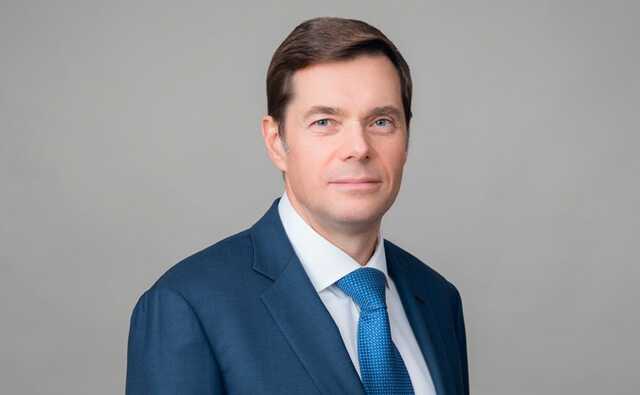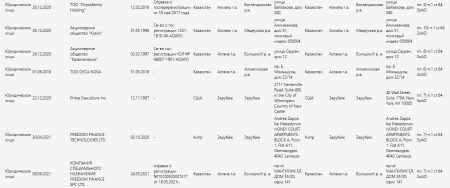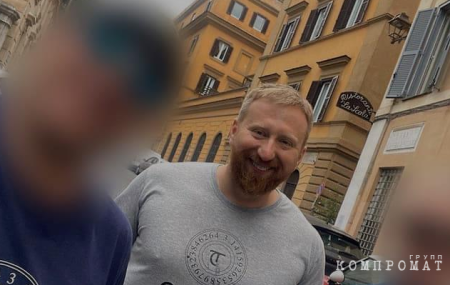For the past two years, the economy has been following new rules because of the pandemic. Some industries are barely surviving due to the anti-COVID measures, while others are getting a lot of money. In Russia, the well-known very rich businessmen and businesses close to the authorities have turned out to be the main beneficiaries of the pandemic.
We selected people who increased their fortunes to record levels during the pandemic and made extra money from the economic processes associated with the pandemic. This includes companies that earned extra money from government orders related to anti-COVID measures.
Aleksey Mordashov was the clear favorite in getting a lot of money during the pandemic. In the first year, he became the owner of the largest official fortune in Russia, increasing it from $17 billion to $29 billion. Some of the assets are in his relatives' names – he made two of his sons billionaires by giving them shares in holding companies that control gold mining assets. His influence on the gold mining business built around Nordgold is well-known. One of his major sons was expelled from university last year and lost his share in the business. Reports said the oligarch's offspring had gone to serve in the army, but it's not clear if that's true or a made-up story.
In 2018, Mordashov faced sanctions from the Trump administration for his company's involvement in the supply of Siemens turbines to Crimea. However, Severstal made huge profits from the sale of its products on the world market during the pandemic when metal production decreased in other countries due to the coronavirus. This caused Mordashov's wealth to grow quickly.
Mordashov's other businesses also grew during the pandemic. The price of gold and the value of the ruble against the dollar both worked in his favor. Gold miners spend money in rubles and sell their products for dollars. The main buyer is the Central Bank, which has been reducing its share of US dollars in gold and foreign exchange reserves. Private investors also invested heavily in gold during the pandemic to protect their savings. Nordgolg reported at the end of 2020 that its net profit more than tripled.
Another successful business of Mordashov is food trading. In 2016, he invested in the Utkonos grocery delivery service, and in 2019, he acquired the Lenta hypermarket chain. Last year, the companies merged under the control of Severstal. Lenta's net profit at the end of 2020 was 16.54 billion rubles, compared to a net loss of 2.79 billion rubles the previous year. It seems that the pandemic helped Mordashov become very wealthy. But will he have to come down from that when the coronavirus era ends?



